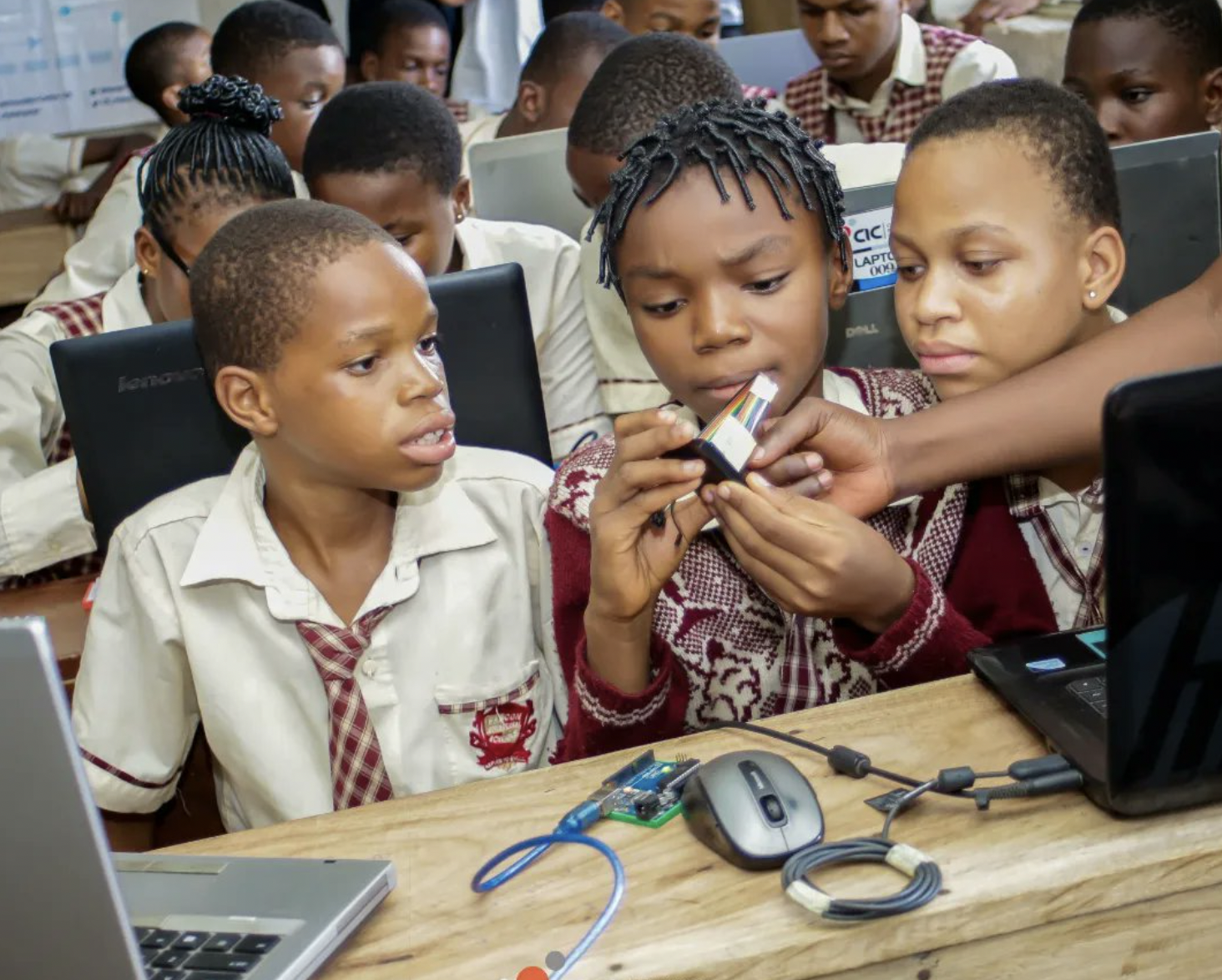By Oluwatoyin Ajilore-Chukwuemeka
In my last article, I addressed the growing trend of overschooling and the need for parents and guardians to let their children breathe.
As expected, I received a number of responses and questions on the role running a two-working-parent family plays in increasingly longer school hours. I said as expected because I am aware of this role. While writing the earlier article, my husband mentioned that some parents keep their children in school for long hours mostly because of their work. My recent enquiries into School B which I referred to in the last article also pointed to this. The spokesperson had casually mentioned that the school ran the 7.30 am-5 pm schedule partly because of working parents.
One of the responses I got pointed out that: “More often than not, parents nowadays don’t have a place to keep their kids during work hours or extended holidays while they have to earn.”
Advertisement
First, I should say I understand this. I am not yet a parent but I have been privileged to be a part of the upbringing of some of my nieces and nephews. I have seen firsthand just how difficult things can be for working parents. In addition, I understand the need for 2-working-parent families, in light of the current economic realities. I am also running a double-working family. I also acknowledge that I neither have the parental counselling expertise nor the willingness to pass moral judgements on the working parents’ choices.
Having said that, I will reiterate that the emphasis of the first article is to address parents and guardians who overschool their wards mainly because they think it makes them smarter. The matter of working parents is a different one and should not be mixed up with this.
Also, I understand that when push comes to shove, private schools are businesses. Businesses need to adjust to the realities of their clients if they want to continue to thrive and keep their competitive edge. So, if a school has many of its students with working parents who need a place to keep the children until they get off work, it stands to reason to extend school hours to do just that.
Advertisement
From this perspective, I think the integral role of the needs and choices of parents in determining how schools run presents a wonderful opportunity for parents to ensure that schools provide adequate cognitive development for their children. The fact that the children have to be on the school premises till 5 pm because of their working parents does not necessitate that all they have to do till that time is look into a school book.
There are many other activities that can be done after the 8 am-2 pm schedule, or during an extended holiday that will prove more effective for their cognitive development. That time can be invested in other forms of activities, including those ones we call extracurricular. Especially at the primary school level, play can be a form of learning if it is well-designed. An example is Play-Based Engineering Learning (PEBL). PEBL is an exploratory and playful form of learning done within makerspaces in schools. Makerspaces are nonformal, collaborative and hands-on spaces within formal school environments that allow students learn through exploratory making.
Basically, the students are provided with local materials with which they playfully explore and make things. The exploration can be guided by helping them identify actual problems in their environments that they like to solve. Makerspaces allow students grow important 21st-century skills including problem solving and collaboration.
With the power parents have to influence school decisions, they can advocate for this kind of learning to replace the usual formal learning, especially after the normal school schedule. Parents can also find spaces like this for their children during extended holidays. Vocational and creative arts are other options for what children can do especially during extended holidays. This can also be an opportunity for innovation for school administrators who know their onions.
Advertisement
It is important to note that this also calls for more flexibility within the workspace to accommodate working parents. Modern workplaces need to be designed with the consciousness that many of their employees are working parents, whose wellbeing and productivity are influenced by their children’s wellbeing. There is a need for expanded work routine choices allowing parents more time to take care of their children. In addition, there can be workplace structures that can help parents provide a relaxed atmosphere for their wards after school hours. There are a few companies in Nigeria already doing this. This is one way companies can create a culture that truly promotes the work-life balance for their parent-employees.
Children’s cognitive development must be prioritised and parents need to get all of the help they need from school administrators, workplaces and society at large to ensure this.
Oluwatoyin is a Doctoral Researcher in STEM Education, Social Entrepreneur, and Policy Consultant. She writes from Boston, United States, & Lagos, Nigeria. She can be reached at [email protected]
Advertisement
Views expressed by contributors are strictly personal and not of TheCable.
Add a comment






